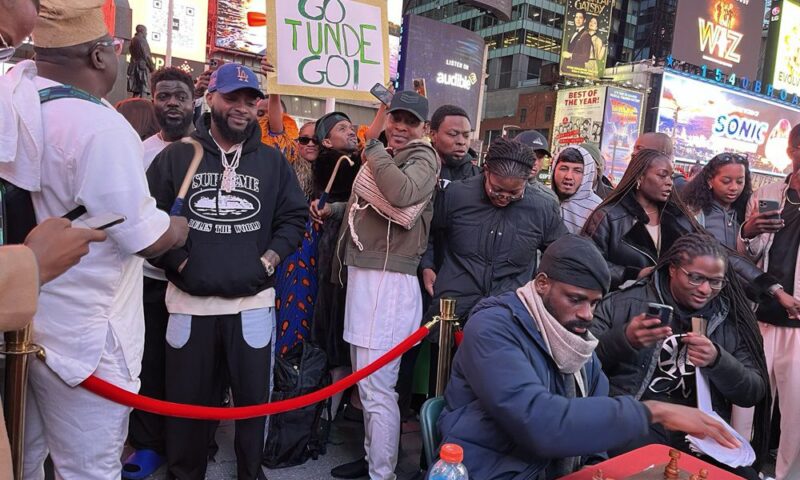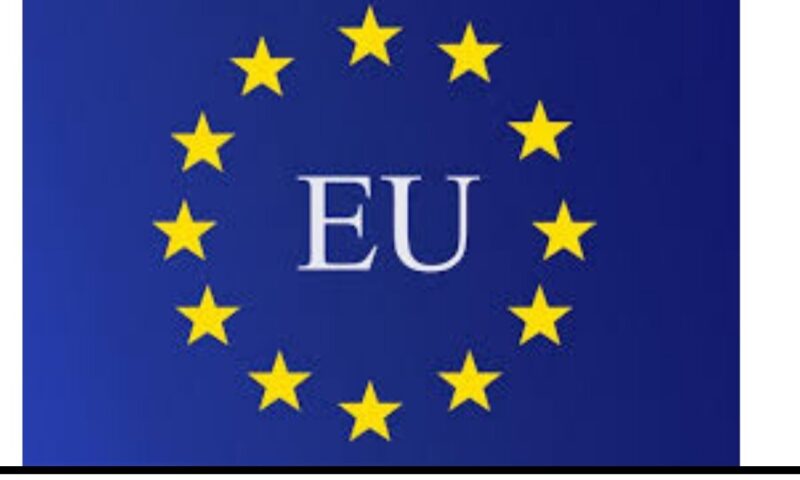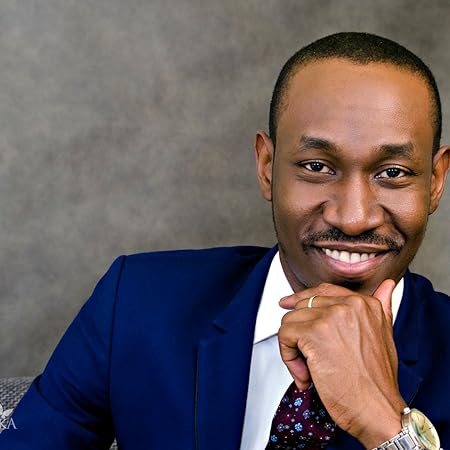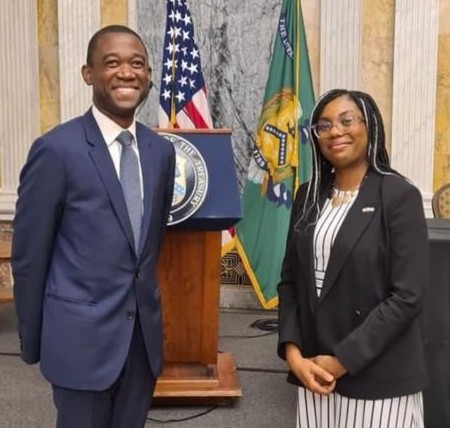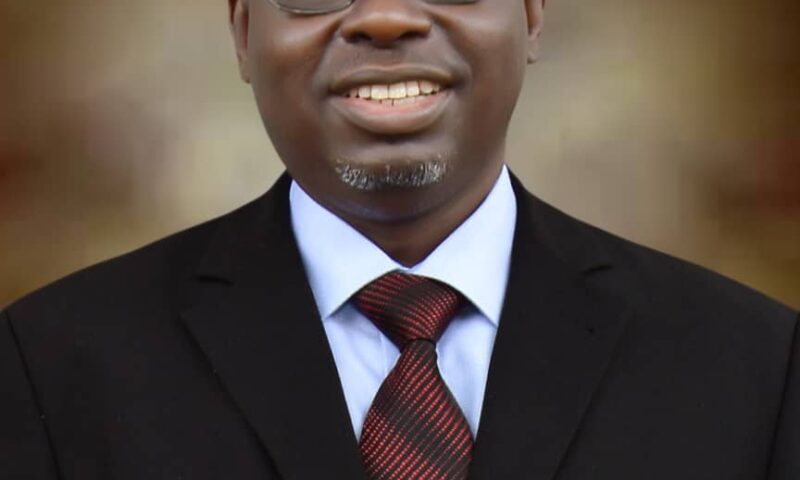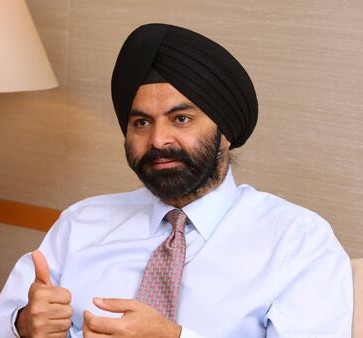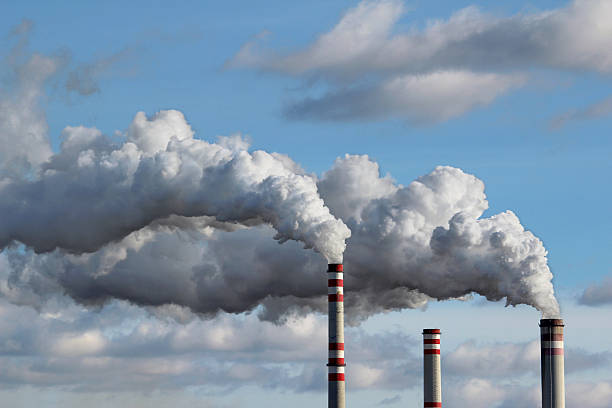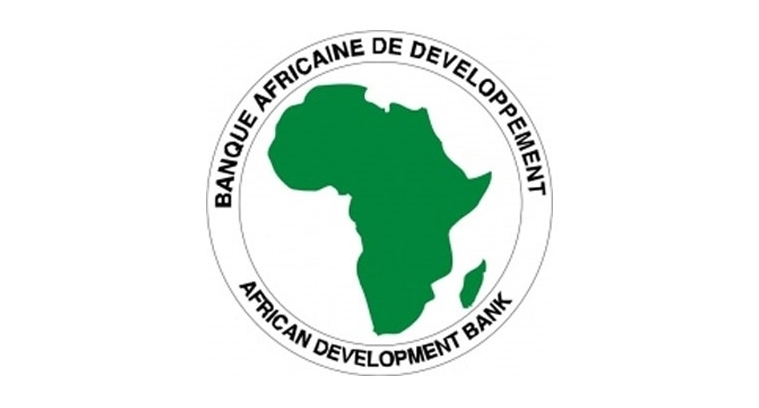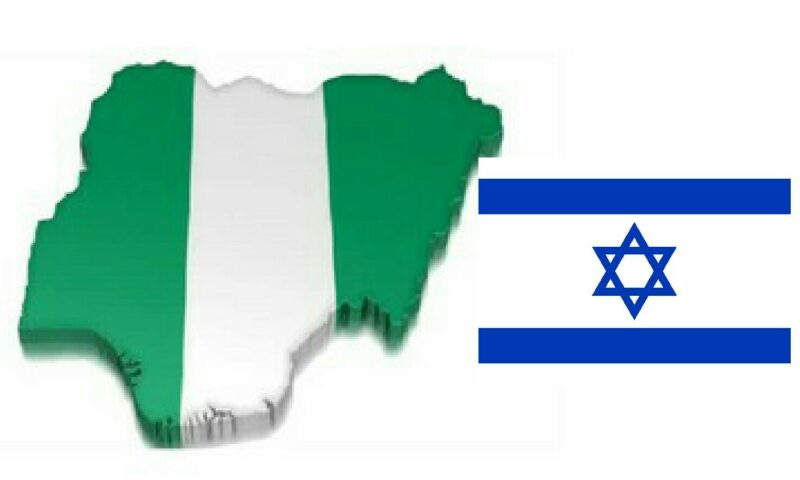By Favour Nnabugwu
International oil companies (IOCs) are driving multiple exploration and production projects including Kaombo North, the Eastern and Western hubs at Block 15/06 operated by Eni Angola.
The IOC as well as CLOV Phase 2 and Dalia Phase 3 at Block 17 operated by TotalEnergies.
And earlier this year, Angola surpassed Nigeria as the top oil-producing country in Africa. In April, Angola produced 1.06 million barrels per day (bpd) of crude oil, while Nigeria and Algeria both produced 0.999 million bpd.
While the outlook for Angola’s upstream industry is more than optimistic, the country’s downstream sector still has some way to go. Currently, Angola’s sole operational refinery is the Luanda Refinery, which has only been able to meet 20% of the country’s demand for refined products.
As a result of this lack of infrastructure, Angola spends over USD1.7 billion annually on oil imports despite vast petroleum reserves totaling approximately 9 billion barrels of oil and 11 trillion cubic feet of natural gas.
But even here, the outlook is promising. Angolan President João Lourenço and Minister of Mineral Resources, Oil, and Gas, Diamantino Azevedo have made strengthening the country’s oil and gas refining capacity a priority.
Their objectives are to meet domestic energy demand, reduce oil imports, and maximize the monetization of energy resources for regional and global markets.
These efforts got off to a strong start in 2022, when Angola expanded the Luanda Refinery in cooperation with Italian oil major, Eni, increasing the plant’s daily production to 1,200 metric tonnes per day.
In addition, several new facilities, namely the Cabinda, Soyo, and Lobito refineries, are in the works
Phase 1 of the Cabinda refinery — a 30,000 bpd crude unit that produces diesel, heavy fuel, jet fuel, and naphtha — is expected to be operational in mid-2024. Cabinda’s capacity will double to 60,000 bpd when the final phase of construction is completed.
As recently as this month, Africa Finance Corporation and African Export-Import Bank (Afreximbank) announced a USD335 million credit facility for the project, which will cover the first phase of construction. The refinery is being developed by the UK’s Gemcorp Holding Limited (GHL) in partnership with Angola’s national oil company, Sonangol.
The Soyo refinery project is scheduled to be completed in 2025. Angola’s Ministry of Mineral Resources and Petroleum has awarded the tender for the construction of the 100,000-bpd refinery in Soyo to U.S.-based Quanten Consortium Angola LLC. The consortium will design, build, own, and operate the deep-conversion refinery. In addition to the refinery, Quanten will develop a tank farm, marine terminal, and infrastructure there.
Furthermore, a 200,000-bpd refinery in Lobito province is being developed, with services provided by Japanese conglomerate JGC Holdings. Sonangol has signed a memorandum of understanding (MoU) with China National Chemical Engineering (CNCEC) for the construction of this refinery. The MoU aims to secure financing for the project and may lead to a contract for construction by the Chinese company. The refinery, expected to be operational by 2026, will have a capacity of producing up to 200,000 bpd.
In 2022, Minister Azevedo said that building refineries and modernizing the existing one would allow Angola to sustain its energy supply and reduce the steep costs associated with energy imports. He and President Lourenço have continued to move the country closer to realizing those benefits — and several others.
Scaling up its refining capacity will enable Angola to maximize the monetization of its energy resources. With new projects like Eni’s Ndungu Early Production Project and TotalEnergies’ CLOV floating production, storage, and offloading unit, Angola aims to trade ready-to-use fuels with Europe, reducing Europe’s reliance on Russian resources.
Further, downstream activities such as marketing and distribution will set the stage for job creation and business opportunities, from running service stations to supplying lubricant oils.
Also important, Angola will be better positioned to meet regional energy demands. As more refineries come online, Angola can utilize such cross-border trade systems as the Central African Pipeline System and the Angola-Zambia pipeline to deliver refined products to other African countries
Driving growth in Angola’s downstream sector is only one example of the steps Angola’s government has taken in recent years to strengthen the country’s energy industry.
To attract investment and further encourage production, the Angolan government has implemented extensive reforms, including simplifying control mechanisms, offering fiscal incentives for the development of marginal oil fields, establishing regulations for well abandonment and decommissioning, and enacting the country’s first natural gas law.
The African Energy Chamber sees the efforts by President Lourenço and Minister Azevedo as major wins for Angola that will help ensure ongoing foreign investment, energy security, and economic growth.

